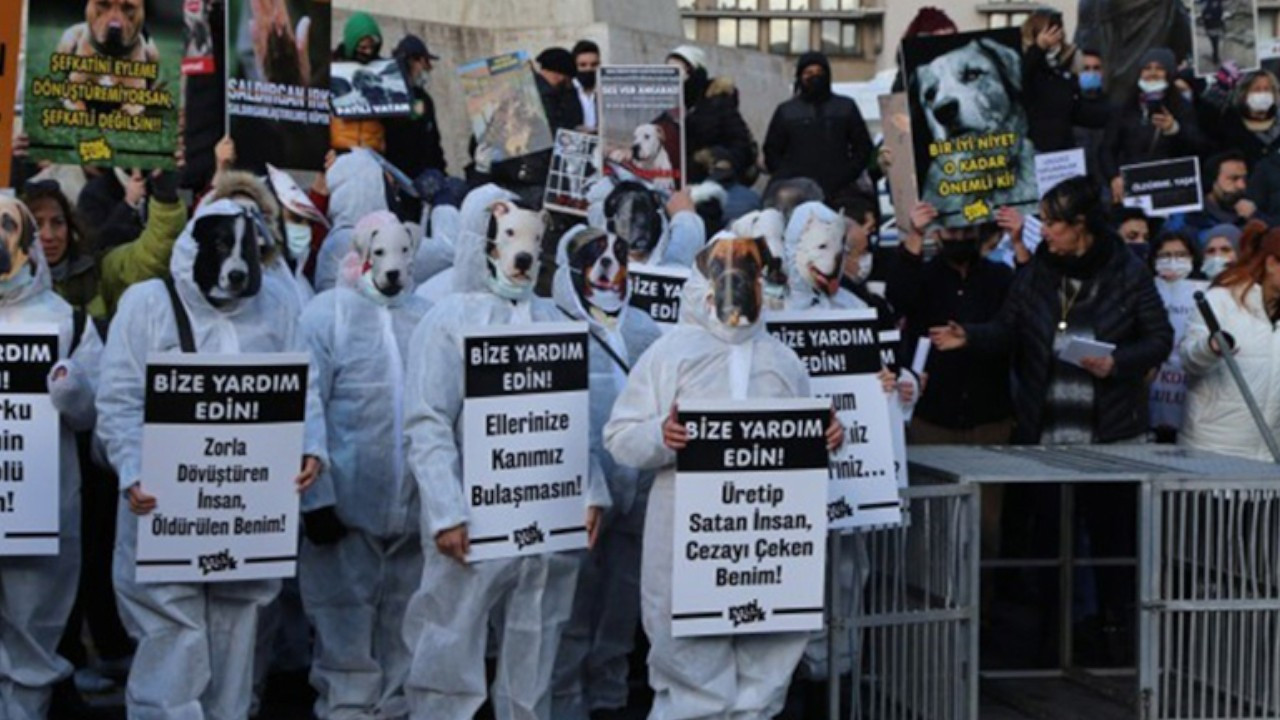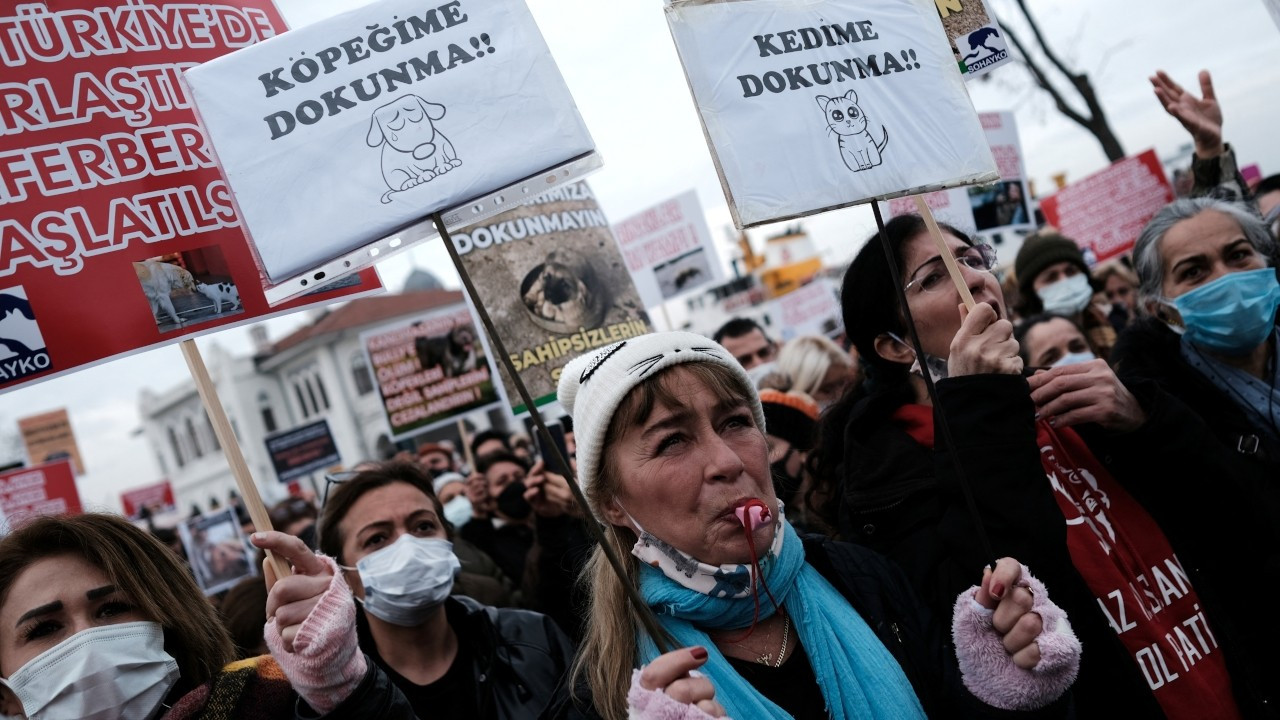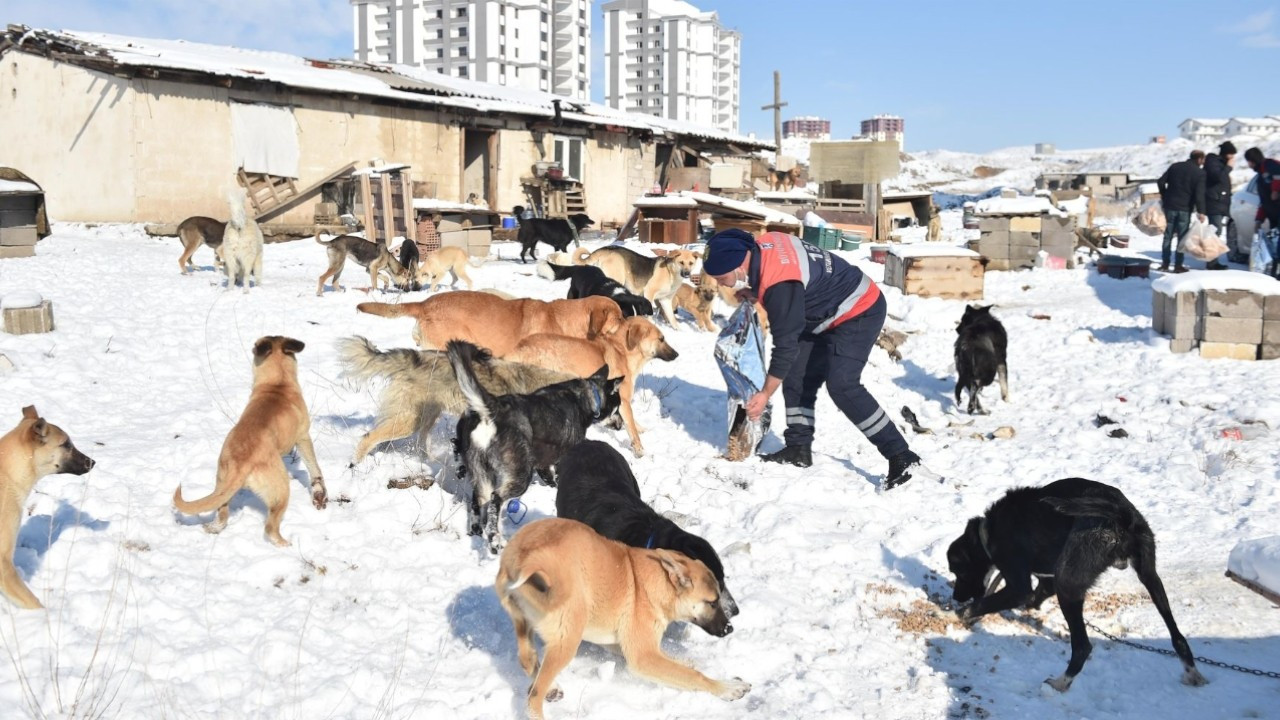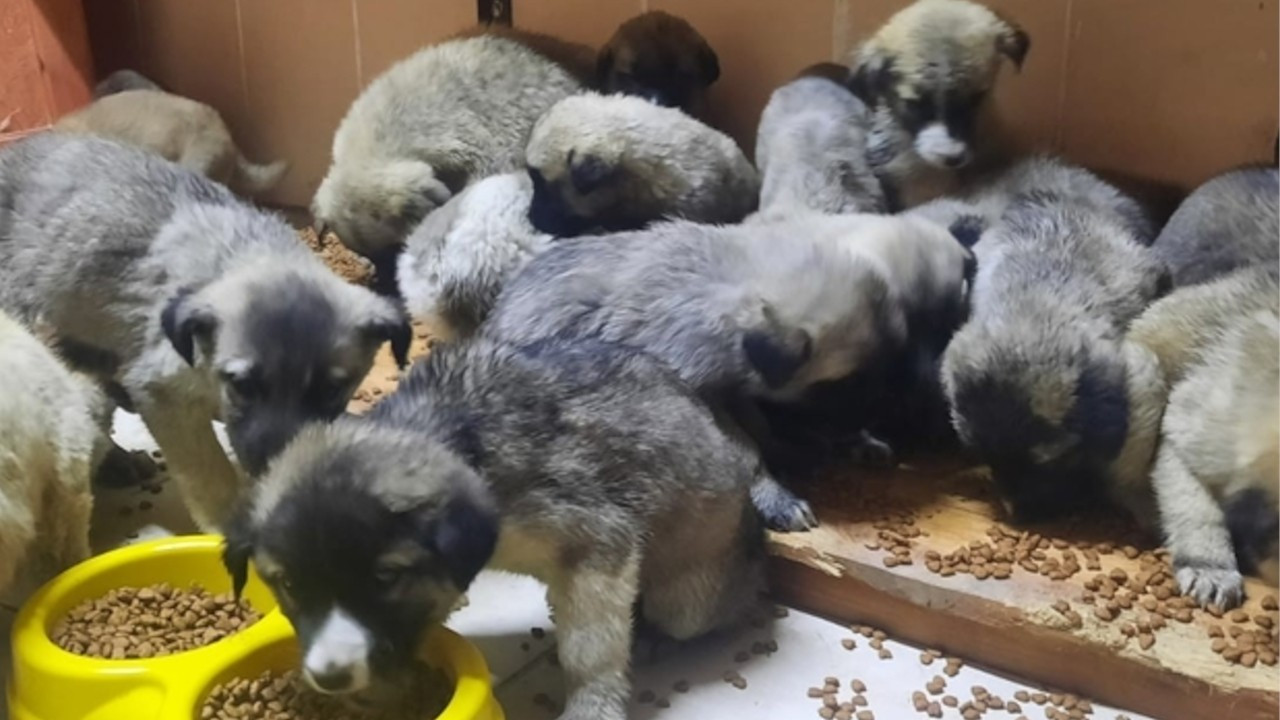Amid economic crisis, pets are unleashed onto streets, animal rescue association warns
Amid Turkey’s economic crisis, pet owners are struggling to meet the rising costs of animal care. The President of the Animal Protection Rescue and Survival Association (HAYKURDER) Erman Paçalı warns that pets risk being unleashed onto the streets.
Burcu Özkaya Günaydın / DUVAR
As a result of soaring inflation, pet owners in Turkey are struggling to meet the rising costs of animal care, and demand that municipalities provide support or at least scrap a 40 percent VAT tax on pet food.
Semiha Yıldırım, who lives in Turkey’s southern province of Hatay and owns three cats, said she finds it increasingly difficult to pay for her pets’ food and health needs, which rise every month.
“Food, litter, vaccines, neutering, everything has become so expensive. The food I usually bought for 120 TL now costs 180 TL. And rather than giving my cats a parasite vaccine, I now buy syrup from the pharmacy,” Yıldırım confided.
“As for neutering, it costs 700 TL. I’ve had one of my cats neutered, but I haven’t been able to neuter the others. Overall, my cats cost me around 450 to 500 TL a month,” she added.
Though Semiha Yıldırım had never considered giving up on her cats, she recently got in touch with a family who could adopt them. “A family was interested in adopting my cats. But once they found out how expensive it would be to take care of them, they changed their minds,” she said.
Yağmur Özkan, who owns a dog, says she now buys lower quality food for her dog though the dog won’t eat it. “Sterilization can only be done privately in Turkey, and costs 500,000 TL. I asked an acquaintance of mine who works as a veterinarian at the municipality to neuter my dog, but he said he couldn’t legally do it,” she said.
Yağmur Özkan pays around 500 or 600 TL for her dog monthly, and asked for vaccinations and sterilizations to be made free by the state.
Erman Paçalı, the President of the Animal Protection Rescue and Survival Association (HAYKURDER), drew attention to the fact that the Turkish legislation regarding pets was getting worse. Rather than encouraging people to adopt animals, Paçalı said the law had turned pet ownership into a luxury.
“Since 2004, in line with the legislation, municipalities can only provide food and health services to stray animals. Though pet ownership expenses have increased and pet owners have requested support from the municipalities, such support is considered a public loss,” Erman Paçalı maintained.
“Because of the recent circular on ‘dangerous animals’ [which requires certain breeds of dogs to be registered with the authorities], many pet owners have had to abandon their pets on the streets. The streets and animal shelters are now full of abandoned pets,” Paçalı added.
He also warned that in this context, the stray animal population is likely to increase.

 Turkish animal right defenders reenact capture of stray dogs in protestDomestic
Turkish animal right defenders reenact capture of stray dogs in protestDomestic Turkish animal defenders protest government's persecution of stray dogsDomestic
Turkish animal defenders protest government's persecution of stray dogsDomestic Ankara Municipality establishes food production facility for stray animalsDomestic
Ankara Municipality establishes food production facility for stray animalsDomestic 63 puppies thrown out on highway rescued from freezing cold in eastern TurkeyDomestic
63 puppies thrown out on highway rescued from freezing cold in eastern TurkeyDomestic